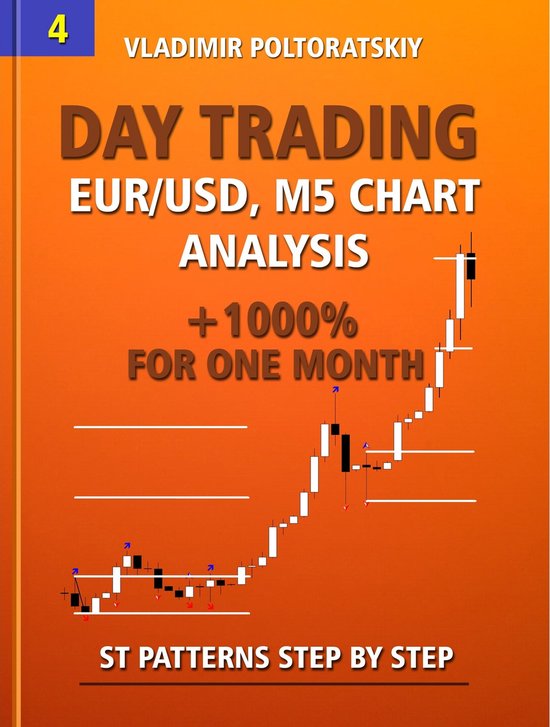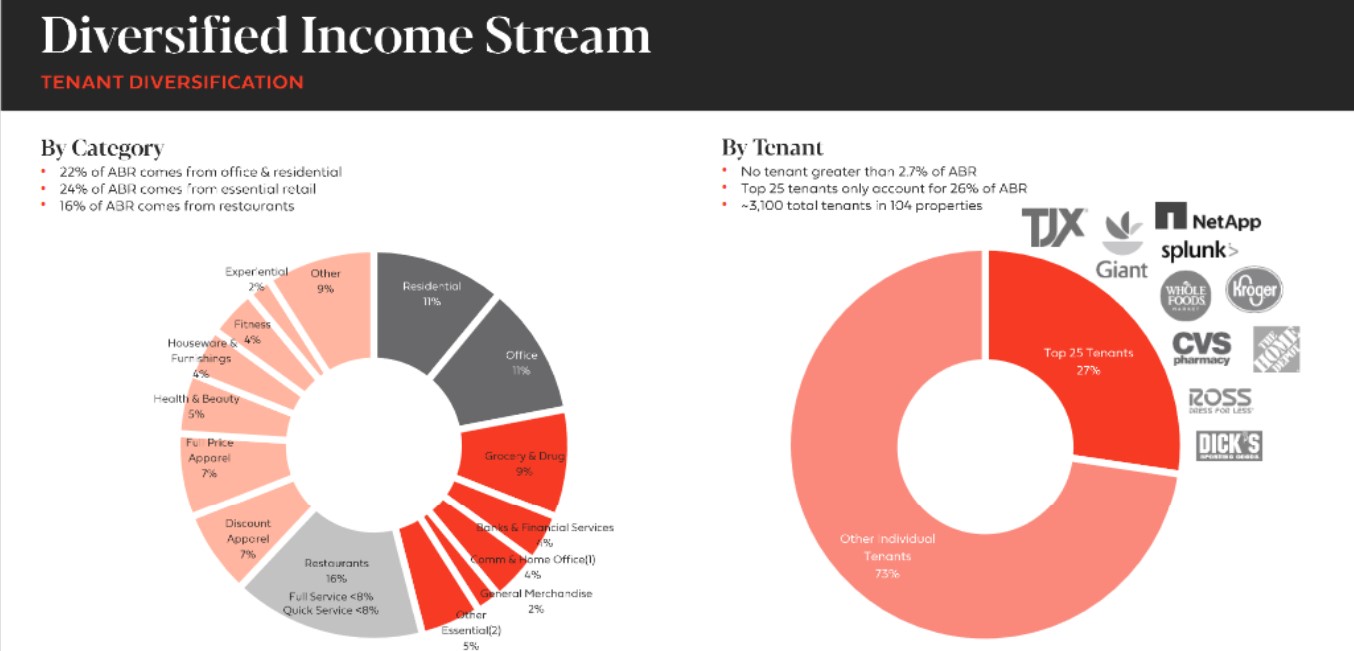
In forex, currencies are always traded in pairs, with one currency paired with another. GBP/USD for sterling is one example. Traders speculate as to the direction of currency price movements by taking positions. These currency pairs are known as base and counter currencies. The base currency (or the GBP/USD pair) is the base currency. While the counter currency (or the USD/GBP pairing) is the counter currency.
Foreign currency pairs
The forex price of currency pairs depends on supply and demande, which can be influenced by central bankers. Sometimes, these central banks intervene to stop price movements. They only intervene when price movements are likely to cause economic harm. The key factors that impact the price of currency pair are economic conditions in the country where they are located, interest rates, and the expectations regarding the future direction of the currency/country. These factors are reflected in the current price of the currency, which is determined by a currency quote.

Currency strength declines or improves in relation to another
If you are interested to trade foreign currencies, it is essential that you understand how the value of currencies changes over time. Currency strength is the value of one currency relative to another. A currency increases in value relative to the currency from another country. The supply and demand, inflation and interest rates all affect the currency's value. As the British empire has fallen, so has the pound. However, it is still quite strong when compared with the US dollar.
Economic changes can affect currencies
Due to economic conditions in a country, currency values can fluctuate. When an economy experiences positive growth, investors prefer to invest in it, driving up the value of the currency in the country. Negative news can reduce demand for the currency, which can cause it to lose its value. Key economic indicators, including money supply, inflation, unemployment, and trade balance, are constantly monitored by markets. A strong economy on the other side will cause the currency to appreciate as the demand for it will be higher.
Leverage is a tool for trading
Trading with leverage in forex is a simple strategy that can increase your buying power and flexibility. Because it can multiply both gains and losses, it is very popular. It's very similar to margin trading in futures and stocks. If you want to learn more about how to use leverage in forex, read on! Learn about the pros and cons to trading forex leverage. And if you're interested, you can get started for free today!
ECN broker brokers can help you trade
ECN brokers allow you to transfer trade orders from your broker directly to the exchange. This means you will pay a lower commission than if you trade with an STP broker. ECN brokers offer low-cost trading options for high-rollers, as they charge only $1 per trade and a minimal commission of $3 per $100,000. ECN brokers can prove costly for those with smaller accounts and lower trading volumes. The cost of opening and closing trades and paying commissions can make even the most skilled traders feel overwhelmed.

IG offers competitive spreads
IG's reputation for providing competitive spreads in forex trading has been built on a foundation of innovative features. The flagship DailyFX website is a portal that provides market news, research, and other resources to IG clients. The site offers market news and tick charts. It also has a lively community of over 65,000 members. DailyFX offers multiple live webinars that can be used to enhance trading skills and highlight key market developments.
FAQ
Are bonds tradeable?
The answer is yes, they are! As shares, bonds can also be traded on exchanges. They have been trading on exchanges for years.
The difference between them is the fact that you cannot buy a bonds directly from the issuer. They must be purchased through a broker.
Because there are less intermediaries, buying bonds is easier. This means that selling bonds is easier if someone is interested in buying them.
There are several types of bonds. There are many types of bonds. Some pay regular interest while others don't.
Some pay quarterly, while others pay interest each year. These differences make it possible to compare bonds.
Bonds are great for investing. If you put PS10,000 into a savings account, you'd earn 0.75% per year. If you invested this same amount in a 10-year government bond, you would receive 12.5% interest per year.
You could get a higher return if you invested all these investments in a portfolio.
How are securities traded
The stock market lets investors purchase shares of companies for cash. Shares are issued by companies to raise capital and sold to investors. When investors decide to reap the benefits of owning company assets, they sell the shares back to them.
Supply and Demand determine the price at which stocks trade in open market. The price of stocks goes up if there are less buyers than sellers. Conversely, if there are more sellers than buyers, prices will fall.
You can trade stocks in one of two ways.
-
Directly from the company
-
Through a broker
Who can trade in the stock market?
The answer is yes. There are many differences in the world. Some people have more knowledge and skills than others. They should be rewarded.
But other factors determine whether someone succeeds or fails in trading stocks. If you don't understand financial reports, you won’t be able take any decisions.
You need to know how to read these reports. Each number must be understood. You should be able understand and interpret each number correctly.
If you do this, you'll be able to spot trends and patterns in the data. This will help you decide when to buy and sell shares.
If you are lucky enough, you may even be able to make a lot of money doing this.
What is the working of the stock market?
By buying shares of stock, you're purchasing ownership rights in a part of the company. The shareholder has certain rights. He/she has the right to vote on major resolutions and policies. The company can be sued for damages. And he/she can sue the company for breach of contract.
A company can't issue more shares than the total assets and liabilities it has. This is called capital adequacy.
A company that has a high capital ratio is considered safe. Companies with low ratios of capital adequacy are more risky.
Is stock a security that can be traded?
Stock is an investment vehicle that allows investors to purchase shares of company stock to make money. This is done via a brokerage firm where you purchase stocks and bonds.
You can also directly invest in individual stocks, or mutual funds. In fact, there are more than 50,000 mutual fund options out there.
There is one major difference between the two: how you make money. With direct investment, you earn income from dividends paid by the company, while with stock trading, you actually trade stocks or bonds in order to profit.
Both of these cases are a purchase of ownership in a business. But, you can become a shareholder by purchasing a portion of a company. This allows you to receive dividends according to how much the company makes.
Stock trading gives you the option to either short-sell (borrow a stock) and hope it drops below your cost or go long-term by holding onto the shares, hoping that their value increases.
There are three types of stock trades: call, put, and exchange-traded funds. Call and Put options give you the ability to buy or trade a particular stock at a given price and within a defined time. ETFs, also known as mutual funds or exchange-traded funds, track a range of stocks instead of individual securities.
Stock trading is very popular because investors can participate in the growth of a business without having to manage daily operations.
Stock trading is a complex business that requires planning and a lot of research. However, the rewards can be great if you do it right. If you decide to pursue this career path, you'll need to learn the basics of finance, accounting, and economics.
What is a Mutual Fund?
Mutual funds are pools of money invested in securities. They provide diversification so that all types of investments are represented in the pool. This reduces the risk.
Managers who oversee mutual funds' investment decisions are professionals. Some funds let investors manage their portfolios.
Most people choose mutual funds over individual stocks because they are easier to understand and less risky.
Statistics
- Even if you find talent for trading stocks, allocating more than 10% of your portfolio to an individual stock can expose your savings to too much volatility. (nerdwallet.com)
- The S&P 500 has grown about 10.5% per year since its establishment in the 1920s. (investopedia.com)
- Individuals with very limited financial experience are either terrified by horror stories of average investors losing 50% of their portfolio value or are beguiled by "hot tips" that bear the promise of huge rewards but seldom pay off. (investopedia.com)
- "If all of your money's in one stock, you could potentially lose 50% of it overnight," Moore says. (nerdwallet.com)
External Links
How To
How to create a trading strategy
A trading plan helps you manage your money effectively. It helps you identify your financial goals and how much you have.
Before setting up a trading plan, you should consider what you want to achieve. You may want to make more money, earn more interest, or save money. If you're saving money you might choose to invest in bonds and shares. If you're earning interest, you could put some into a savings account or buy a house. Perhaps you would like to travel or buy something nicer if you have less money.
Once you have a clear idea of what you want with your money, it's time to determine how much you need to start. It depends on where you live, and whether or not you have debts. You also need to consider how much you earn every month (or week). Your income is the amount you earn after taxes.
Next, you'll need to save enough money to cover your expenses. These expenses include bills, rent and food as well as travel costs. Your total monthly expenses will include all of these.
Finally, you'll need to figure out how much you have left over at the end of the month. This is your net discretionary income.
You're now able to determine how to spend your money the most efficiently.
You can download one from the internet to get started with a basic trading plan. Or ask someone who knows about investing to show you how to build one.
For example, here's a simple spreadsheet you can open in Microsoft Excel.
This is a summary of all your income so far. It also includes your current bank balance as well as your investment portfolio.
And here's another example. This was created by a financial advisor.
This calculator will show you how to determine the risk you are willing to take.
Remember, you can't predict the future. Instead, focus on using your money wisely today.